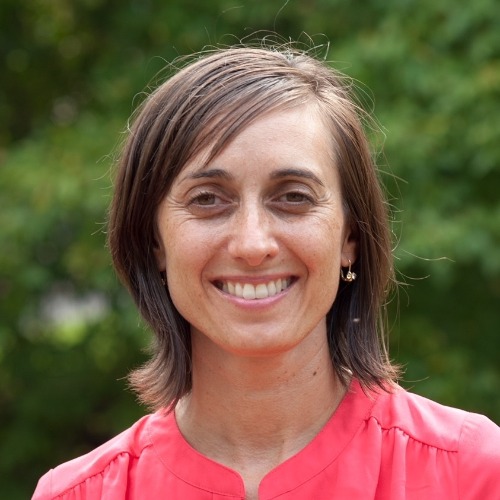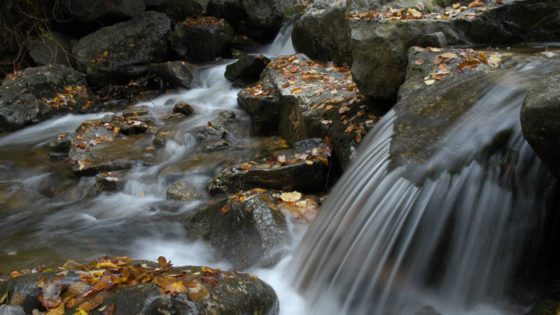Assistant Director of Education and Leaf Pack Network® Administrator
Education Department
Contact
tmuenz@stroudcenter.org
tel. 610-268-2153, ext. 1301
970 Spencer Road, Avondale, PA 19311
Google Scholar | Download CV
Interests and Expertise
Trained as an aquatic scientist, Tara Muenz’s interests and experiences spread wide, with a passion for all life on earth including science communication, conservation education, community science, streamside forests, landscape design, nature therapy, and creating meaningful experiences (fostering awareness, appreciation, and action) that bring people closer in a reverent relationship with the planet. She has devoted decades to traveling worldwide, assisting individuals and communities in connecting, sustaining, and understanding the planet’s resources on the physical and soul levels. Muenz practices a “less is best” way of life, often seeking the beautiful stillness of the natural world as her greatest source of joy.
Education
- M.S., conservation ecology and sustainable development, Odum School of Ecology, University of Georgia, Athens, Georgia.
- B.A., zoology, Miami University of Ohio, Oxford, Ohio.
Professional Experience
- Assistant director of education, Stroud Water Research Center, 2015–present.
- Leaf Pack Network administrator, 2014–present.
- Education program manager, Stroud Water Research Center, 2014–2015.
- State coordinator, Georgia Adopt-a-Stream, Atlanta, Georgia, 2009–2014.
- Lead research technician, Aquatic Biology Laboratory, Joseph W. Jones Ecological Research Center, Newton, Georgia, 2004–2009.
- Graduate research assistant, University of Georgia/Jones Ecological Research Center, Athens, Georgia, 2000–2004.
Publications
Current conditions of historical mussel habitat in the Flint River Basin, Georgia
Assessment of stream habitat in the Flint River Basin
See all publications by Stroud Center authors
Related News
Discover the Health of Your Local Stream With the Leaf Pack Network!
Learn How to Protect Your Watershed
Celebrate Living Schoolyards Month
Watershed Education Mobile Lab Advances Environmental Literacy
Lenape Community Scientists Restore Their Ancestral Watershed


